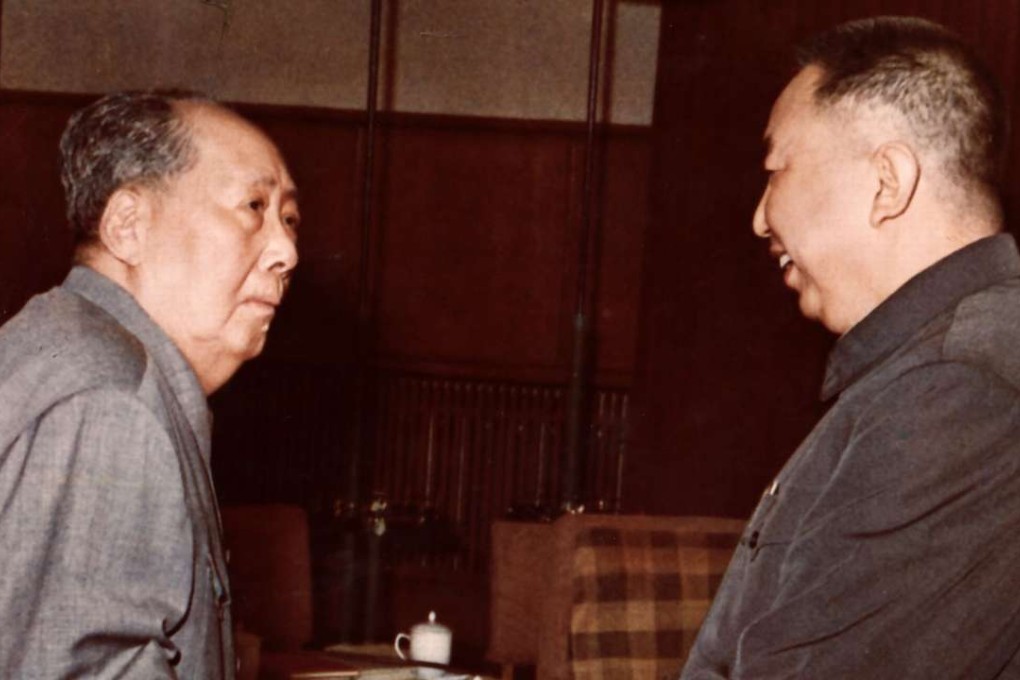Opinion | Why public popularity is the key card for politicians playing power games
Hua Guofeng’s spectacular rise and fall offers a timely warning to Hong Kong politicians

Forty years ago, on this day October 7, the world heard the news that Hua Guofeng, Mao Zedong’s designated successor, had formally assumed the post of chairman of the Chinese Communist Party, making him the top leader in China.
However, what was not known to the world until a week later was the shocking fact that the Gang of Four who were strong advocates of Mao’s Cultural Revolution practices had been arrested on October 6, on the orders of Hua and in collaboration with other party elders who were in support of Deng Xiaoping.
The nation rejoiced at the news of the downfall of the Gang of Four. Hua was on paper a most powerful leader, heading the party’s Central Committee and Central Military Commission, as well as being the premier of the State Council. Not even Mao had held all three positions in one go.
Hua’s failure to leave behind a more positive legacy was due to his failure to read the mood of the Chinese people in the post-Mao period
Hua did not realise at the time that the people had had enough of Mao’s extreme policies and longed for a return to stability and normality. He reopened the schools and attempted to revive the economy. But he continued to rely on Mao’s revolutionary cult to promote himself as the legitimate leader, proclaiming the “Two Whatevers” principle: “we will resolutely uphold whatever policy decisions Chairman Mao had made, and unswervingly follow whatever instructions Chairman Mao had given.”
Hua had no genuine power base within the party. He also failed to gain a serious following among party heavyweights.
Ten months after Hua had assumed leadership, Deng returned to power. Though Deng had pledged full support to Hua in return for his political rehabilitation, Hua was no match for Deng in terms of leadership capabilities and power manipulation.
Hua was gradually sidelined and he lost all of his three top positions by 1982. He had been in command for no more than two years, until December 1978 when the 3rd Plenary Session of the 11th Central Committee of the Communist Party adopted Deng’s economic reform policies and condemned Mao’s leadership style and personality cult. Putting forward his “seeking truth from practice” principle at the plenary, Deng effectively dismantled the “Two Whatevers” principle that had been promulgated by Hua.
